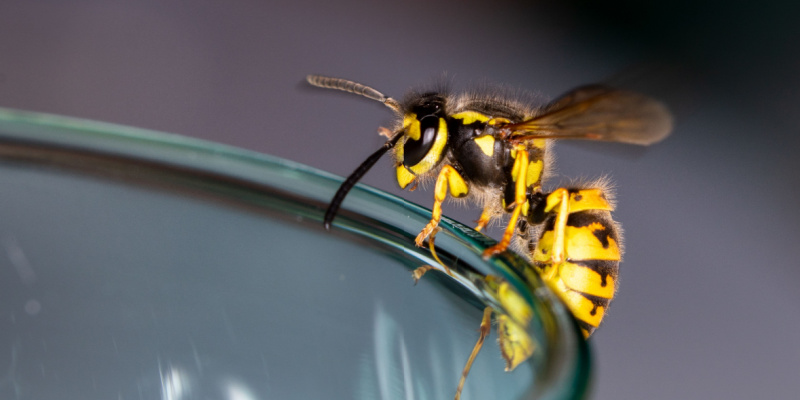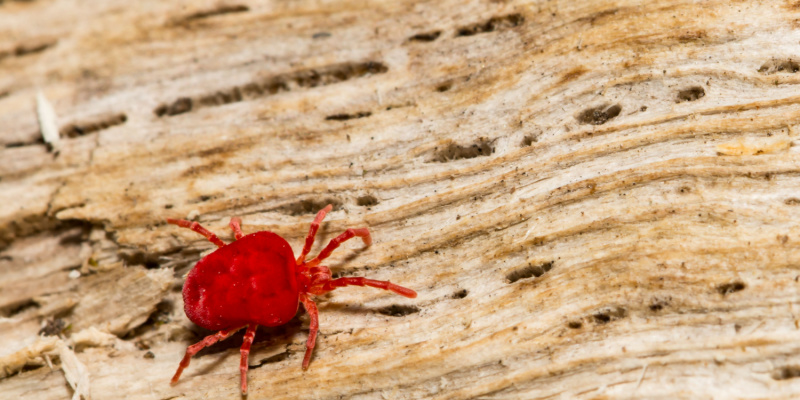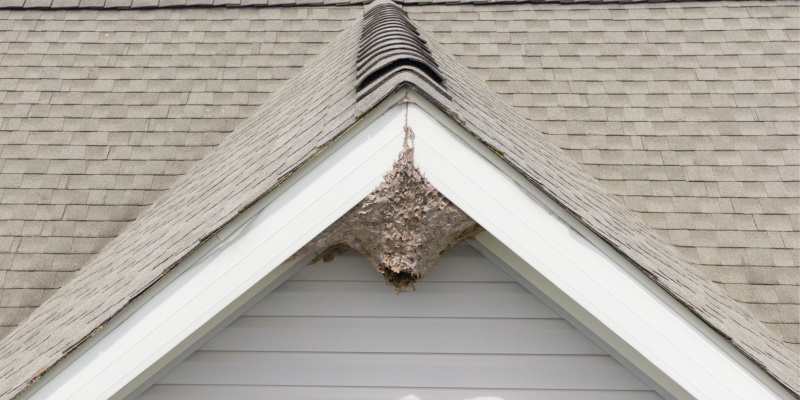Dealing with a wasp infestation around your home in Franklin, Tennessee, can be a daunting and potentially dangerous situation. Wasps, with their aggressive nature and painful stings, require professional expertise for effective control and removal. If you find yourself in need of wasp control services in Franklin, TN, it’s essential to know how to locate reliable and experienced experts who can safely handle the situation. Read on to learn the process of finding qualified wasp control professionals in Franklin.
The Importance of Controlling the Wasp Population at Your House
1. Safety
Wasps can be aggressive and deliver painful stings, especially when they feel threatened. For individuals who are allergic to insect stings, a wasp encounter can lead to severe allergic reactions or even life-threatening situations. Controlling the wasp population reduces the risk of stings and creates a safer environment for you, your family, and your pets.
2. Property Protection
Wasps can build their nests in various locations around your house, including eaves, attics, wall voids, or outdoor structures. Over time, their nesting activities can cause damage to your property. They may chew through building materials, creating entry points for other pests or leading to structural integrity issues. By controlling the wasp population, you minimize the potential damage to your home.
3. Prevention of Infestations
A small wasp nest can rapidly grow if left unchecked, leading to a more significant infestation. This can result in an increased number of wasps buzzing around your property, making it challenging to enjoy outdoor activities. Taking proactive steps to control the population early can prevent infestations.
4. Protection of Garden and Outdoor Spaces
Wasps are attracted to sweet substances, including ripe fruits, sugary beverages, and picnic leftovers. This can lead to unwanted wasp presence around your garden or outdoor dining areas, making it difficult to enjoy your outdoor spaces. By controlling the wasp population, you can reduce their attraction to these areas, allowing you to enjoy your outdoor environment fully.
Finding a Great Wasp Control Expert in Franklin
Consulting with a professional pest control service can help you assess the situation and determine the most appropriate course of action to ensure your safety and well-being. Here are ways to discover excellent wasp control experts in Franklin:
1. Seek Recommendations
Start by asking friends, neighbors, or local community members for recommendations. Personal referrals are often reliable and can provide valuable insights into the quality of service provided by a particular wasp control expert. If someone you trust has had a positive experience with a professional in the area, they will likely be a suitable candidate for your needs.
2. Check Credentials and Experience
When considering different wasp control experts, it’s crucial to verify their credentials and experience. Look for the following:
- Licensing and Certification: Ensure that the company holds the necessary licenses and certifications required by the state of Tennessee. This ensures compliance with industry standards and regulations.
- Experience: Choose a company with a track record of successfully handling wasp infestations. An experienced expert will have the knowledge and skills to assess the situation and implement appropriate control measures effectively.
- Insurance: Confirm that the company carries liability insurance. This protects you and your property in case of any damage or accidents during the pest control process.
3. Ask Questions
During the evaluation or when discussing the project with the wasp control expert, ask relevant questions to gain a better understanding of their approach and expertise.
Consider the following inquiries:
- What methods do you use for wasp control and removal?
- Are the treatments safe for humans, pets, and the environment?
- How long will the process take, and what is the expected outcome?
- Do you provide any warranty or guarantee on the services provided?
4. Compare and Make a Decision
After gathering estimates, reviewing credentials, and asking questions, compare the information you have collected. Consider factors such as reputation, experience, expertise, customer reviews, and cost. Choose the wasp control expert that best aligns with your requirements, offers a reasonable price, and inspires confidence in their ability to handle the job effectively.
Dealing with a wasp infestation requires the assistance of skilled and knowledgeable professionals. With the help of qualified experts such as All Pest Solutions, you can safely and effectively eliminate wasp colonies from your property, ensuring a comfortable environment for you and your family.



